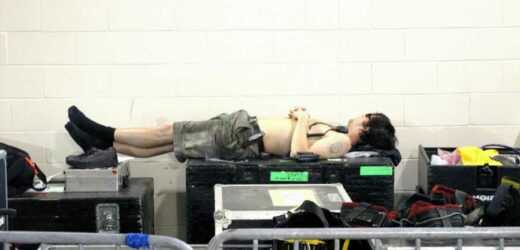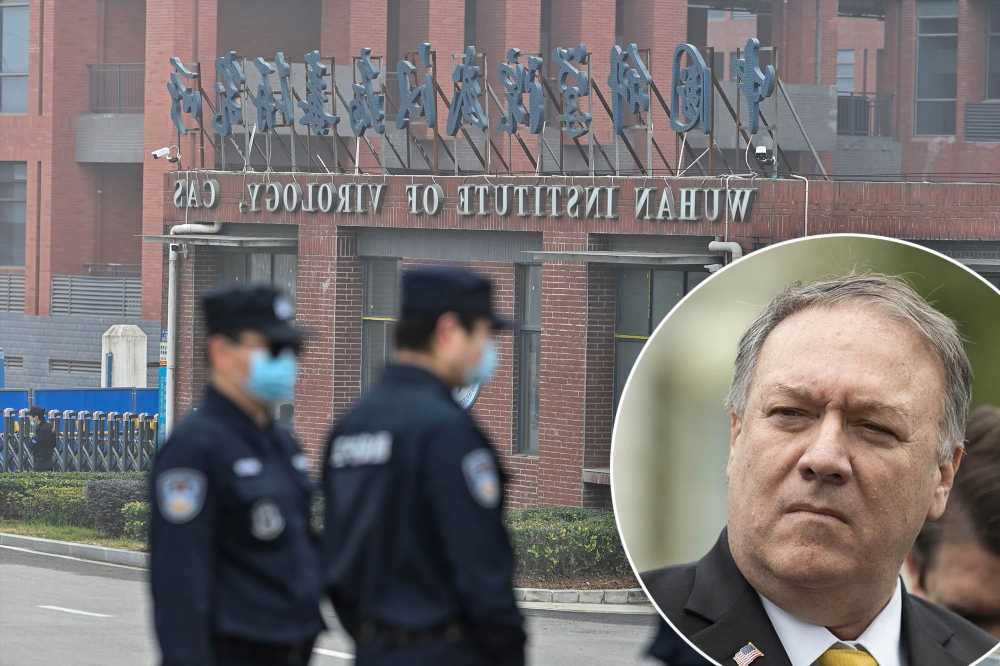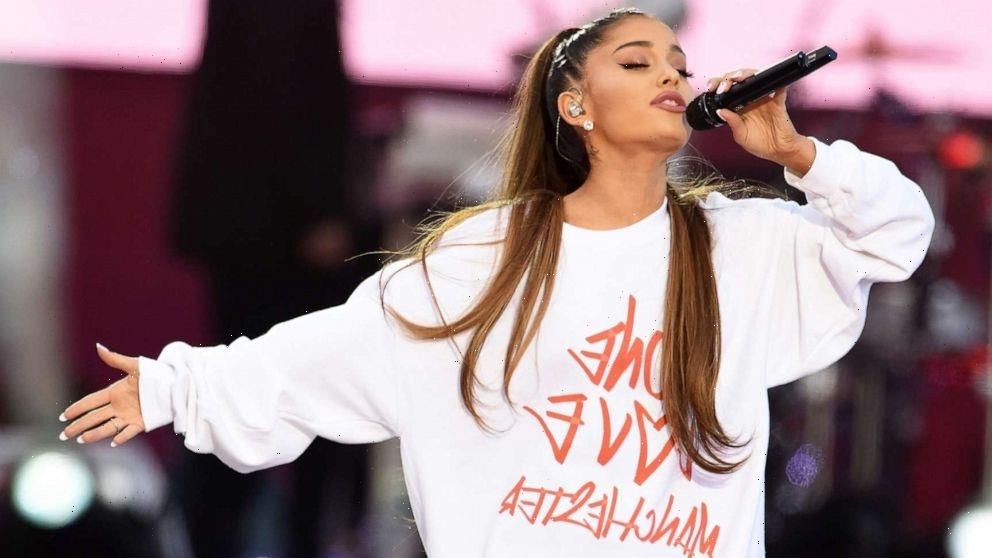Life on a concert tour is notoriously unhealthy — whether you’re the artist, a backup dancer, or a member of the crew. Work is long, hours weird, and travel incessant; meanwhile, pressures and anxieties are high, booze is everywhere, gym access is mostly nonexistent, and healthy food options are hard to come by. And yet, the show must go on and on.
Live music experts, who’ve spent a year without steady income, know they must return to work. That doesn’t mean they are willing to return to business as usual.
Music manager Ethan Schiff is a prime example. Schiff has been running his own company Backbeat Management, which represents the likes of pop singer Betty Who and alternative duo Foreign Air, for nine years now. Somewhere along the way, he realized how much of a toll the music industry’s 24/7 demands had taken on him. Significantly overweight despite years of diet-hopping, he decided to figure out a sustainable approach focused on overall well-being. In 2018, he lost 70 pounds; he then went on to lose a total of 130 pounds, which he’s kept off.
Inspired by his own transformation, Schiff became a certified Integrative Nutritional Health Coach and certified Group Fitness Instructor before founding Optimized Health Coaching, which he got off the ground last year. Because many of Schiff’s initial clients were live music professionals from his personal network of friends and colleagues, he decided to formally expand the business: Today, May 24th, he’s launching Optimized Touring, which provides “customized health services” — like nutrition, hydration, exercise, and stress management tips — for people in live music, according to the company’s new website.
“I think it’s going to be a bit of a shock to people’s systems as they go back into that level of lifestyle,” Schiff says. Just the other day, he had an early-morning coaching session with an artist client who is just starting to play shows again since early 2020. “He forgot how physical playing a show was,” says Schiff.
Many performing artists who’ve spent years moving around were forced into unwelcome stagnancy in quarantine, and now face an uphill battle to rebuild stamina. Just ask Miley Cyrus and Lizzo, who recently posted videos of themselves running and singing simultaneously to get back on track. (Also, a recent study from the American Psychiatric Association suggests that American millennials gained an average of 40 pounds during the Covid-19 pandemic.)
As the world locked down, people began talking about their personal health with new vigor. “Everybody is aware and openly talking about something related to health every day in every conversation with co-workers, friends, family, and clients,” Schiff says. So, the music and fitness industries grew closer together in a lot of ways — whether through Peloton’s boundary-pushing partnerships or the Calm app’s experimental artist deals — but Optimized fills a hole for music workers specifically.
“Touring has always been exhausting in a physical sense,” Schiff says. “What’s changed over the last few years are the more intangible or subtle ways a person can be impacted. For example, the way we work with social media now can make a person feel either super insecure and self-conscious, or like they need to be perfect all the time — because someone could capture a photo and that photo could go viral.” This kind of mental stress could lead to binge-eating or drinking. Chronic stress is also shown to lead to physical illness. Also, when the body goes into “fight or flight,” Schiff explains, it starts storing as much calories and fat as possible as a defense mechanism. (Thousands of years ago, running from an animal required an energy boost.)
To Schiff’s knowledge, Optimized is the only company offering personalized mind-and-body plans in the space, including custom grocery lists and maps that lead tours into healthier meal destinations instead of the usual highway-adjacent fast-food joints. While some big stars take their celebrity trainers on tour with them, that’s not the norm for most artists, and those pricey trainers don’t usually work with crew members. Schiff declines to share Optimized’s fees because he says they’re customized for each tour’s requirements, but he says he wants to charge “significantly less” than what’s currently on the market. “I don’t think only wealthy people should be able to afford health,” he says. “We can be very confident that we won’t put any significant dent in the tour budget for an artist.”
Optimized Touring’s entrance comes about a year after that of The Roadie Clinic, an advocacy group and brick-and-mortar oasis designed specifically for live music’s crew workers. And these two aren’t the only new organizations to pop up during the pandemic: There’s now the Touring Professionals Alliance in the U.S. and the Tour Production Group in the U.K., as well as the globally focused Tour Health Research Initiative and Show Makers group.
Paul and Courtney Klimson, the couple that founded The Roadie Clinic, tell Rolling Stone that even more organizations are in the works. They also know of “several individuals” who decided to go back to school and get licenses in the health and wellness areas.
Refreshingly, it seems that the cries of these burnt-out and fed-up professionals aren’t falling on deaf ears. Jason Gibbs, who works at top-tier management company Red Light and has spent years on and off the road, says he tried a wide variety of wellness strategies before finding Optimized, which he calls “by far the most effective and practical program I’ve adapted into my life, both physically and mentally.” Meanwhile, Seth Kallen, manager of JP Saxe, X Ambassadors, and others, says he plans on hiring the company to help keep his roster of artists healthy when back on the road.
“Touring is such an abnormal and unpredictable experience, especially at our level where we’re touring in a van,” says Jason Singer, a touring artist who performs under the name Michigander and has lost 80 pounds since he started working with Schiff six months ago. “I’ve learned that the more I can take care of myself on the road, the better the tour will go. Beyond food, tour life is also such a weird ride for your mental health, and having a health routine and consistency is just so important.”
“I was working 15-hour days like everybody,” Schiff says. “I was going to shows at night. Then you’re up early and you’re going to straight to your desk chair. I thought, at the time, that I needed to operate a certain way because that’s sort of the culture. It’s what you do in this industry to get ahead. Now that it’s been a while and I’ve grown as a manager, I’m realizing it’s actually kind of the opposite. If you can take care of yourself, then you can take care of everybody else better because you’re focused, feeling good, and can have more productive conversations.”
Source: Read Full Article


